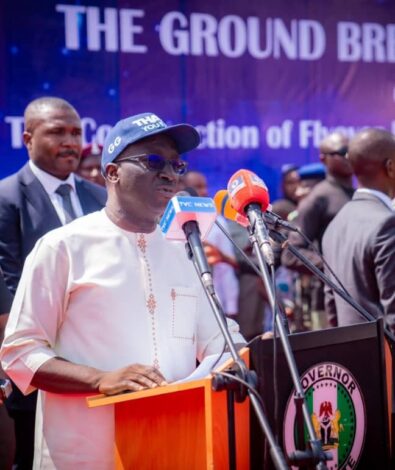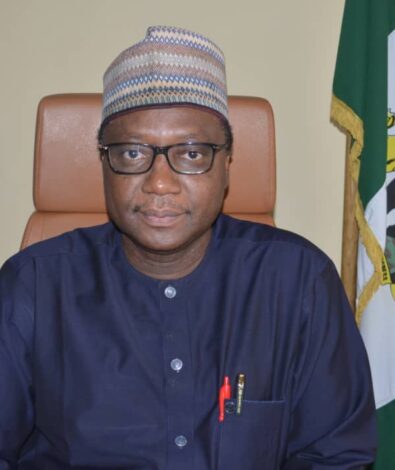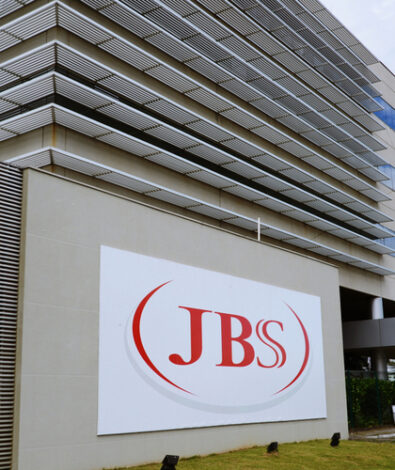90% of Nigeria’s tax revenue comes from only nine taxes – Wale Edun

The Minister of Finance and Coordinating Minister of the Economy, Wale Edun, has said that approximately 90% of the tax revenue going into the government treasury originates from just nine tax heads.
Edun stated this during a briefing at the ongoing Spring Meetings of the International Monetary Fund (IMF) and World Bank in Washington DC on Friday.
The Minister noted that although there are around 80 different taxes and levies across Nigeria, only nine of them generate the current 90% of revenue that significantly contributes to the Gross Domestic Product (GDP).
Edun explained that the government’s objective is to reduce the multitude of taxes and properly bill individuals, which will enhance people’s willingness to pay and ultimately increase revenue collection.
- “At 10% to GDP, what should I say? It would appear as if some people are not paying their taxes. Our strategy is to increase the tax revenue without increasing the rate of taxes. We want to deploy technology to make tax collection more efficient.
- “Our analysis has shown that 90% of tax revenue comes from nine tax heads while we have over 80 taxes from federal through states to local councils.
- “If we eliminate the large number of these taxes and concentrate on the nine that yield the current 90% revenue and deploy technology, there will be more efficiency and we will be able to double our tax revenue in about three years,” Edun said.
FG to end ways and means to address excess liquidity
Speaking further, the Minister said that the Federal Government is committed to tackling the issues of excess liquidity by temporarily suspending the use of ways and means from the Central Bank of Nigeria (CBN).
He explained that this action is designed to promote a collaborative synergy between fiscal and monetary authorities to alleviate inflationary pressures and stabilize the currency exchange rate.
- Edun noted that by so doing, “the two authorities are working hand in hand to bring down inflation and pressure on price stability and stabilising the exchange rate with the target of bringing down interest rates so that investors can borrow at a more affordable rate with a view to getting the economy going the right direction again.
- “We need to borrow less and focus more on domestic resource mobilization. We want long-term resources to avoid repayment and refinancing pressures,” he said.
More Insights
- In addition, while addressing a query about food security, the Minister stated that the current administration is addressing the issue by ensuring farmers’ access to their fields, particularly in regions where insecurity has significantly hindered food production.
- He further said that agro clusters are being established in partnership with the African Development Bank to boost food production within the country.
- Present at the meeting alongside the Minister were the former Minister of Finance, Zainab Ahmed; Permanent Secretary of the Federal Ministry of Finance, Mrs. Lydia Shehu Jafiya; Governor of the CBN, Mr. Olayemi Cardoso; and other high-ranking government officials.



